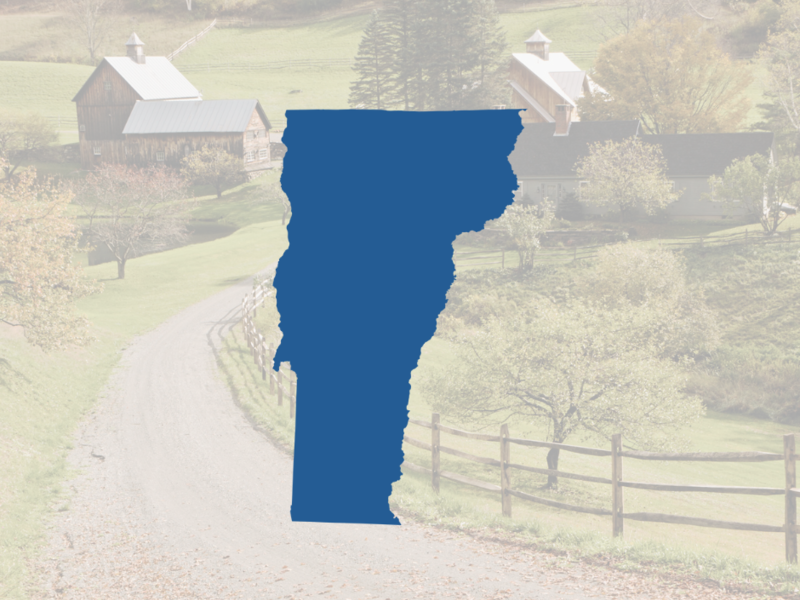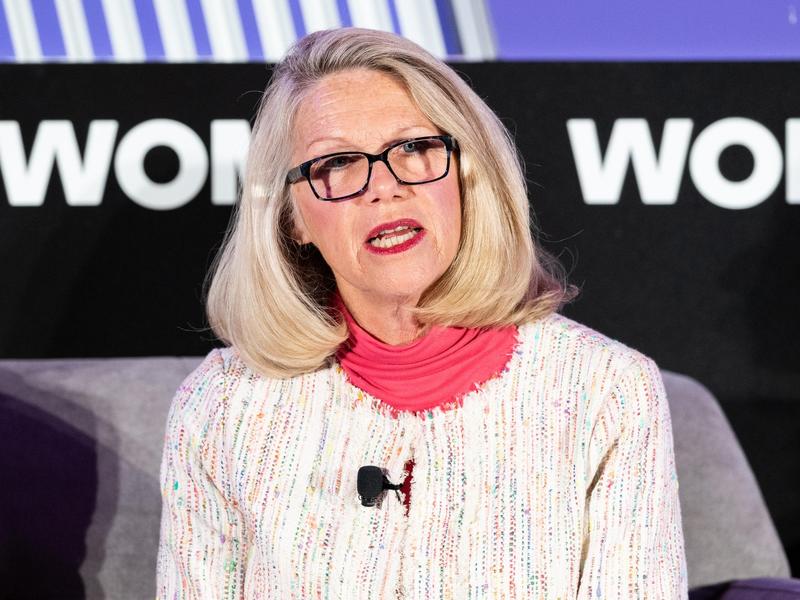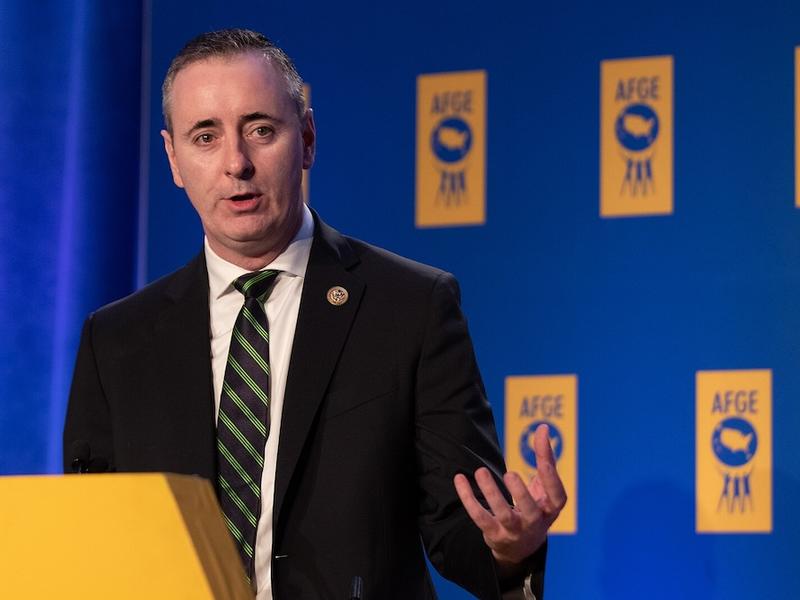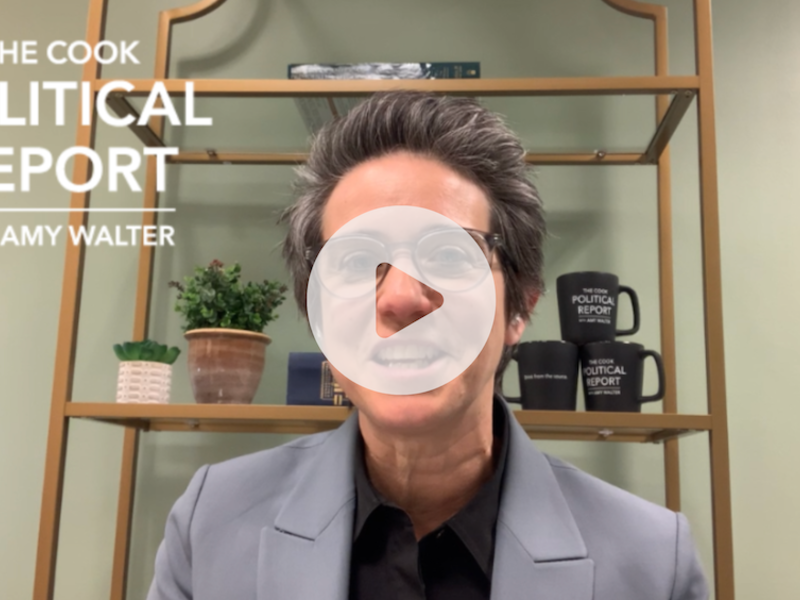
This piece originally ran in the May 12th Things We Trust email to subscribers. To regularly receive updates like this, subscribe here.
Among those who follow American politics and public policy most closely, the fight over control of the U.S. Senate is and will increasingly be the focus of this election. While a fight over Congressional majorities will never overshadow a presidential election among the public at large but, the implications of the Senate outcome are enormous.
Democrats retaining their House majority is practically a done deal. House Editor Dave Wasserman reports that now the chances are about the same of Republicans having a net loss of a few seats about the same as gaining a few.
Normally after a 40-seat loss, recapturing at least a few would seem almost inevitable, but as David’s May 6 overview points out, that is not necessarily the case this year.
Not long ago, GOP chances of maintaining their control of the Senate looked to be about two out of three, but Senate Editor Jessica Taylor's reporting since March shows that Republican Senate majority is getting more precarious and now control appears to be a 50-50 proposition. Now with popular Democratic Gov. Steve Bullock challenging GOP incumbent Steve Daines in Montana, newly-appointed Georgia Senator Kelly Loeffler mired in a horrific political situation and the possibility that Republicans could draw an exceedingly weak candidate in what should be a safe seat in Kansas (filing deadline June 1), among other problems adding to previous woes with incumbents Martha McSally in Arizona, Susan Collins in Maine, Cory Gardner in Colorado and North Carolina’s Thom Tillis all in races that are, at best, toss ups.
Combine those two Congressional situations with a recession that has effectively eliminated any tailwind that President Trump had been enjoying from a strong economy and it is hard to see his re-election prospects looking anything but more dire by the week. Today there is more than a one-in-three chance that Democrats will win a trifecta in November, the White House, the Senate and the House. The policy and governing implications are enormous.
Keep in mind that these outcomes are not independent of each other, a Trump victory would be more likely to be accompanied by retention of the Senate, a Trump defeat would raise the odds of Democrats taking over the Senate. This isn't 'coattails," (I don't believe in coattails), but the turnout dynamics, the issue agenda and priorities and the political environment that would exist to re-elect, or defeat Trump would also be in place for a Senate that is already teetering on the edge. Our system isn't quite parliamentary but is getting increasingly more so, the linkage is greater, the ticket-splitting diminishing.
It would be hard to overstate the importance that the combination of President Trump in the White House and a Mitch McConnell-led Republican Senate majority has had on shaping the Federal judiciary. Two U.S. Supreme Court Justices, 51 judges on the 13 U.S. Circuit Courts of Appeals and 138 Federal District judges have been confirmed under this Trump-McConnell combo, two more Circuit and 40 more district judges are in the pipeline, awaiting confirmation. As enormous as the consequences are and will be for a generation or two, the implications of yet another two or four years of Republicans controlling even more judicial nominations is enough to give most on the left or right heart palpitations, out of either joy or terror.
Moving beyond judicial nominations, the policy implications are incredible as well. Back in the day, one party holding the White House and a House majority but a razor-thin edge in the Senate would find itself greatly stymied, real limits on what they could accomplish. But now, with the threshold for most executive and all judicial confirmations down to a simple majority and the possibility of the filibuster being completely scrapped, the governing implications are head-spinning.
Image Credit: AP Photo/Alex Brandon








Subscribe Today
Our subscribers have first access to individual race pages for each House, Senate and Governors race, which will include race ratings (each race is rated on a seven-point scale) and a narrative analysis pertaining to that race.